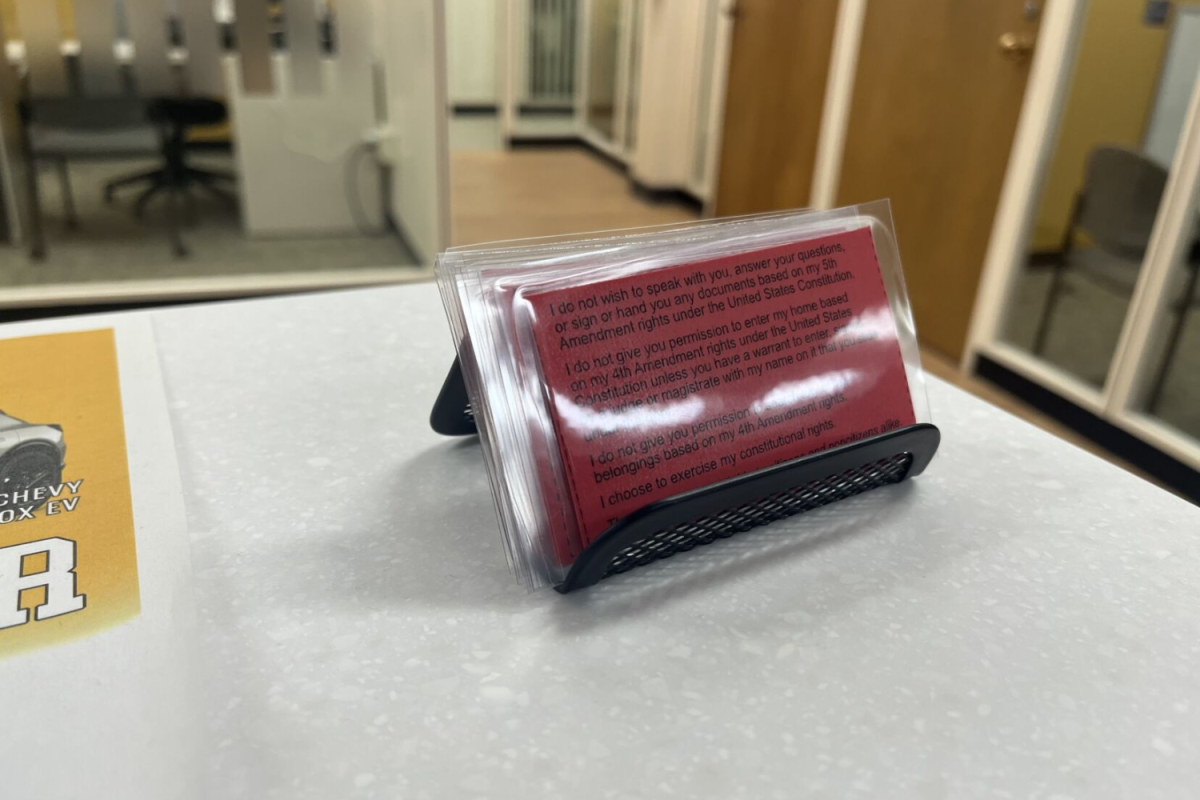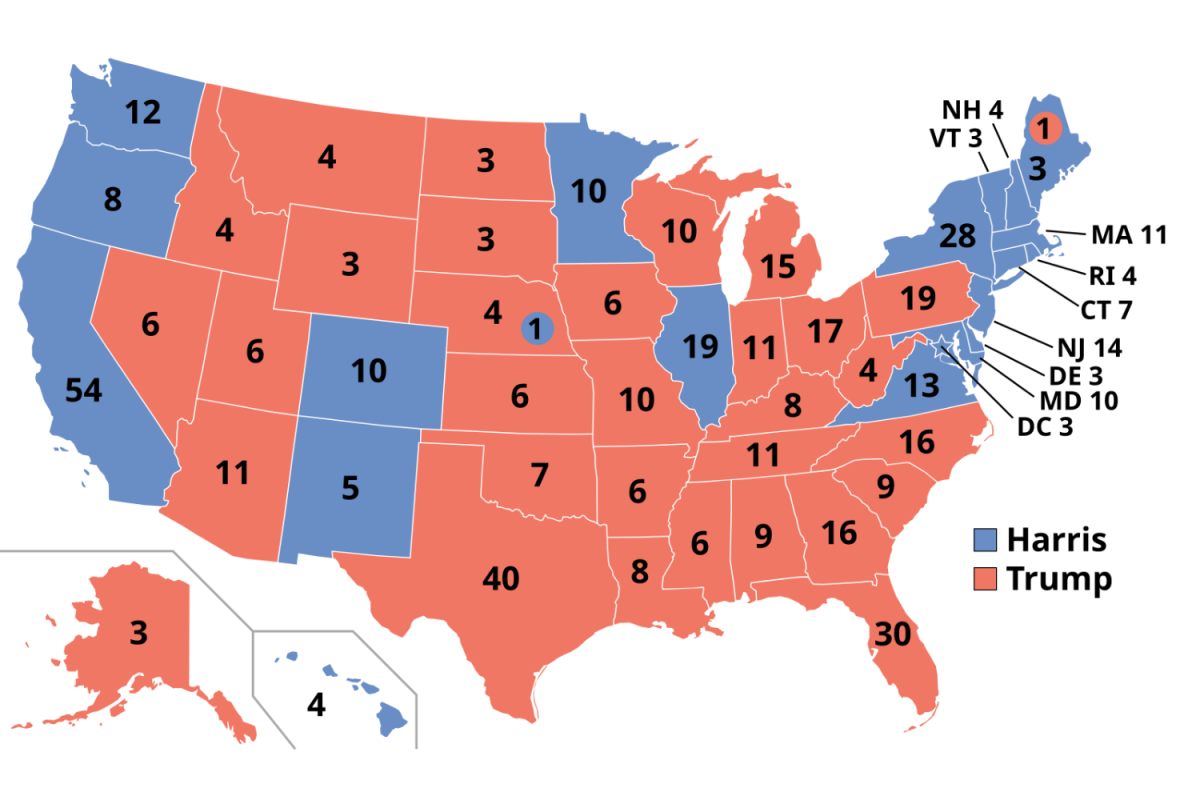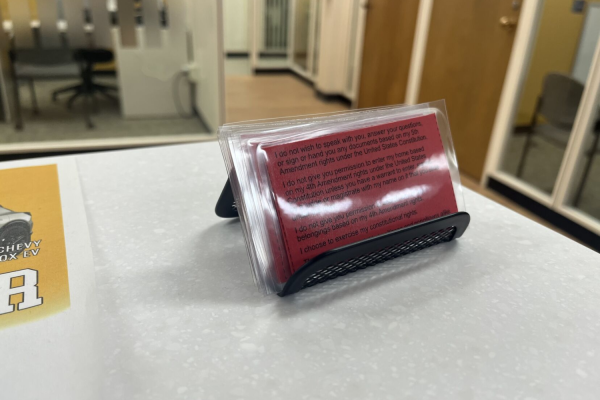New Classes, Increased Requirements: What the Neuroscience Major Looks in the Wake of a Revamp
Last year, the neuroscience major at BW was entirely revamped, and in the wake of the changes made, the department is finding its footing.
Classes have been created, department heads have been switched around, credit requirements have changed, and both professors and students are having to navigate a whole new major.
Before the change, the neuro major at BW was entirely interdisciplinary. Because there were so few neuro professors, students wishing to study neuroscience had to double major in neuroscience and either psychology, chemistry, or biology.
“The main driving force behind this was sort of the first neuroscience faculty member, his name was Dr. Andy Mickley,” Jeffrey Zahratka, professor and chair of the Department of Neuroscience and Biology. He ran the entire neuroscience program at the time, and used systems of peer mentorship.
The neuro department grew rather quickly in the past few years.
“Dr. Mickley ended up retiring… and we had some pretty big shoes to fill,” Zahratka said.
Zahratka and Clare Mathes, the current chair of the neuro department, split the program between the two, and eventually, neuroscience became its own department.
“When that happened, there was a major restructuring of the major,” Zahratka said.
Classes were added to the course load, and the credit requirements for a euroscience major jumped from 38 to 57. This meant that students wishing to study neuroscience no longer have to double major in another discipline. They can just study neuroscience.
The revamp of the major is recent enough that the current sophomores and first-years are the first to go through the new major entirely.
Seniors are still on the old major track, and juniors were given the option to either change or stay the same.
According to Zahratka, it was a 50-50 split.
A junior in the neuroscience department, who wished to remain anonymous, said she decided to stay on the neuroscience-biology double major track despite the change.
“It’s a good idea to have that cellular-molecular background, and I also like biology,” the student said.
The student did not have one specific reason why others went with the changed major.
“Maybe they don’t like the smaller stuff, maybe they like more of the behavioral, cognitive stuff,” they said.
Since the revamp is so recent, there are still some courses that were created that haven’t even been taught yet, due to prerequisites.
Zahratka is teaching two new courses next semester that have never been taught before, and he feels confident that they will go well and will be a good experience.
“It’s a different way of thinking than the other classes are,” Zahratka said. “It’s less about knowledge and more about application.”
Zahratka doesn’t think these classes will be more challenging to teach, but they might be more challenging from the student side since it’s a different skill set.
The Exponent is looking for financial contributions to support our staff and our newsroom in producing high-quality, well-reported and accurate journalism. Thank you for taking the time to consider supporting our student journalists.





































